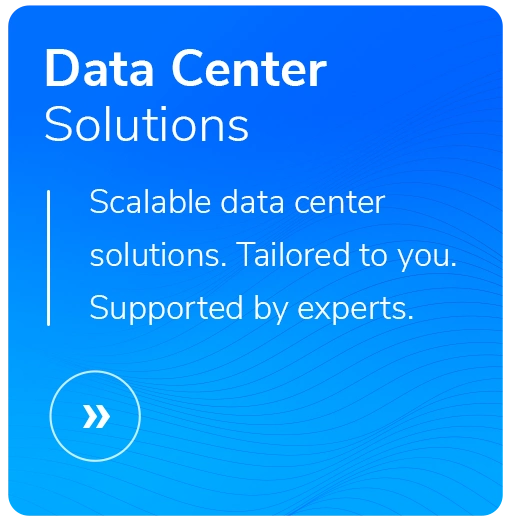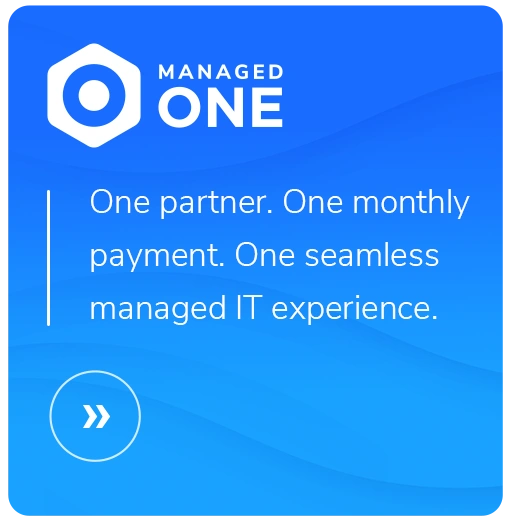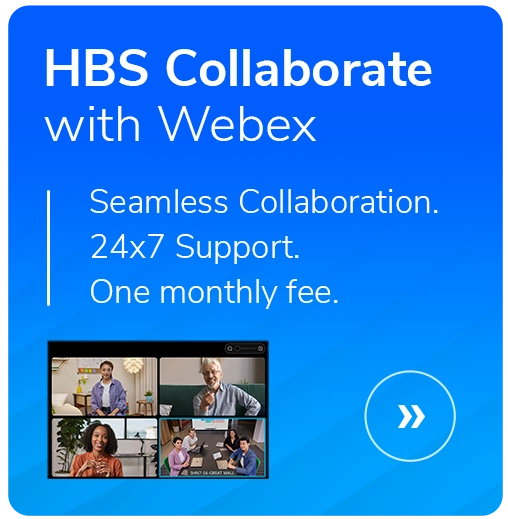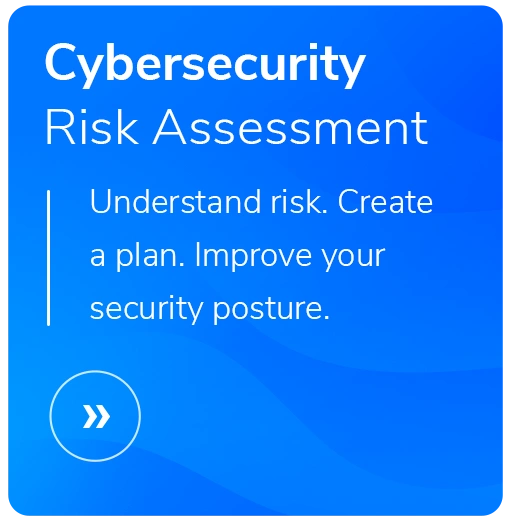Amidst VMware Licensing Changes, the Time to Evaluate Your Virtualization Needs Is Now
- Written by: Ryan Mosher
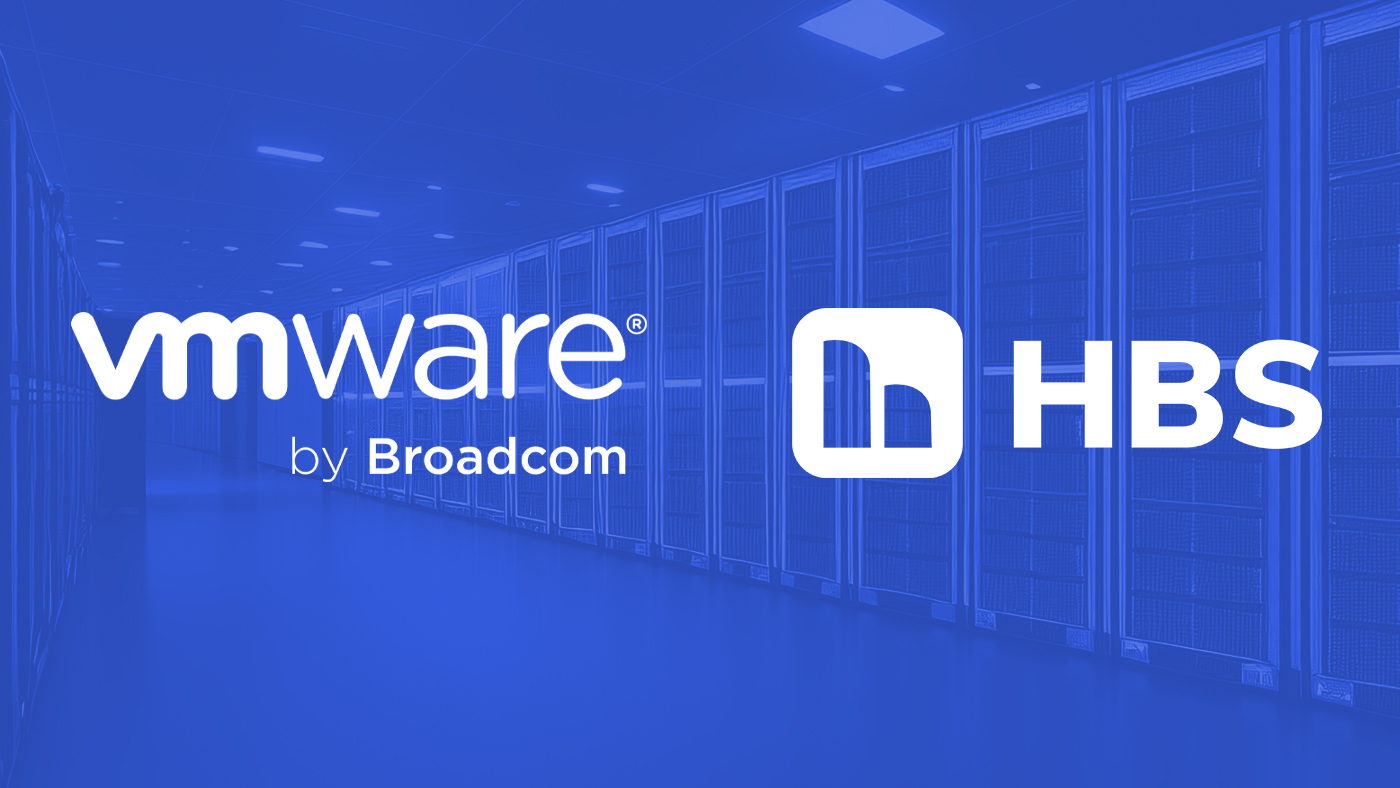
The virtualization world is experiencing a notable shift following Broadcom’s recent decision to make significant VMware licensing changes and limit the breadth of VMware’s product offerings.
This presents a critical opportunity for organizations to reevaluate their virtualization needs.
VMware Is Still a Great Solution
Many, if not most, customers using VMware should probably stay with the virtualization giant. For many organizations, their environments are built specifically for VMware, both in terms of infrastructure and staffing.
While prices may increase, so may the features of updated VMware products. There could be a significant opportunity to add value to your current system.
If you are committed to VMware, a multi-year deal will be the most cost-effective solution. However, if you are not quite ready to make a long-term decision, you may also want to consider a one-year VMware renewal—this buys you some time for long-term strategy discussions and future planning.
VMware Updates = A Changed Landscape
The two major changes from VMware are the discontinuation of several VMware products, and a move from a capital expenditure model to an operating expense model.
The simplified VMware portfolio might not cater to the specific needs of every organization.
Additionally, education and nonprofit customers will see the most significant impact in their VMware license rates as Broadcom has discontinued the discounted rates for those organizations. Education and nonprofit customers will be transitioned to retail pricing.
These are some critical changes that should cause everyone to reevaluate what exactly they need, and what their best option is going forward.
Reassess Your Needs
Now is the perfect time to take stock of your virtualization needs—and even consider whether or not virtualization is still the right solution for your organization.
Things to keep in mind as you are evaluating your environment:
- Scalability: Will your chosen solution be able to accommodate your future growth?
- Features: Does the solution offer the specific features required for your current and future workloads? A downgrade might save you money, but you also might lose a feature (or multiple features) you currently rely on.
- Support: How critical is access to robust support services for your organization?
Don’t Be Afraid if You Have “VMware Only” Software
There is a fear of being locked into VMware because of software essential to your organization that is “VMware only.”
The fear is understandable but probably unwarranted.
The vast majority of these functionalities and software can be easily moved to a Software as a Service (SaaS) offering or an equivalent alternative product. With the right guidance and expertise (from a partner like HBS), finding alternatives won’t be a challenge.
There are options available—you don’t have to be restricted to just VMware.
Should I Stay or Should I Go?
The big question for everyone following the changes with VMware licensing and product offerings: should you stay or should you go?
There isn’t a one-size-fits-all answer. Your organizational needs are unique, and your virtualization solution should be treated uniquely.
At HBS we take pride in finding the right technology fit for each of our clients. We are here to help assess your environment, provide personalized guidance you through the decision process, and assist in any possible migrations.
Contact us today to explore all your virtualization possibilities.
Related Content
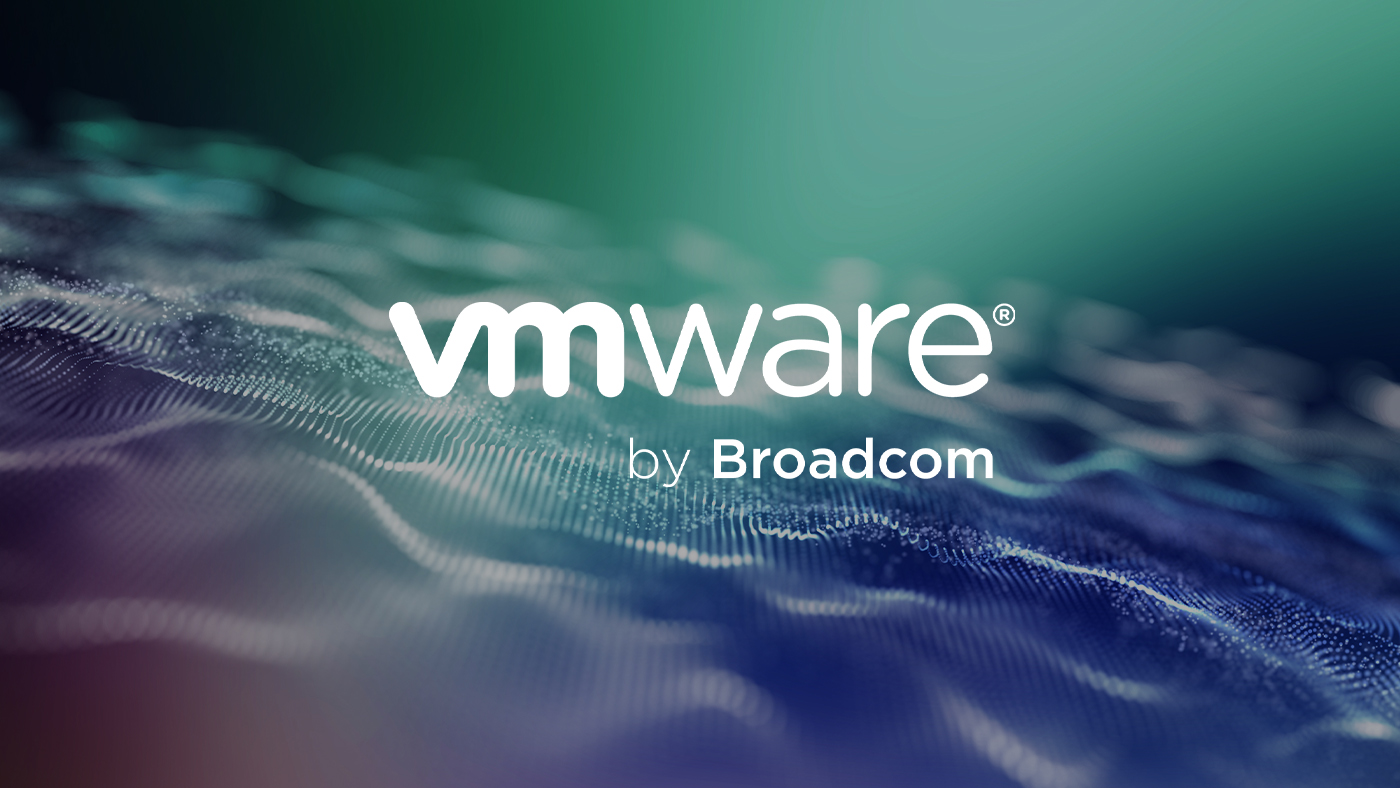
VMware Changes: Understanding New VMware Licensing and Products
Explore the changes to VMware licensing and product offerings, including the shift to subscription models and streamlined portfolio.
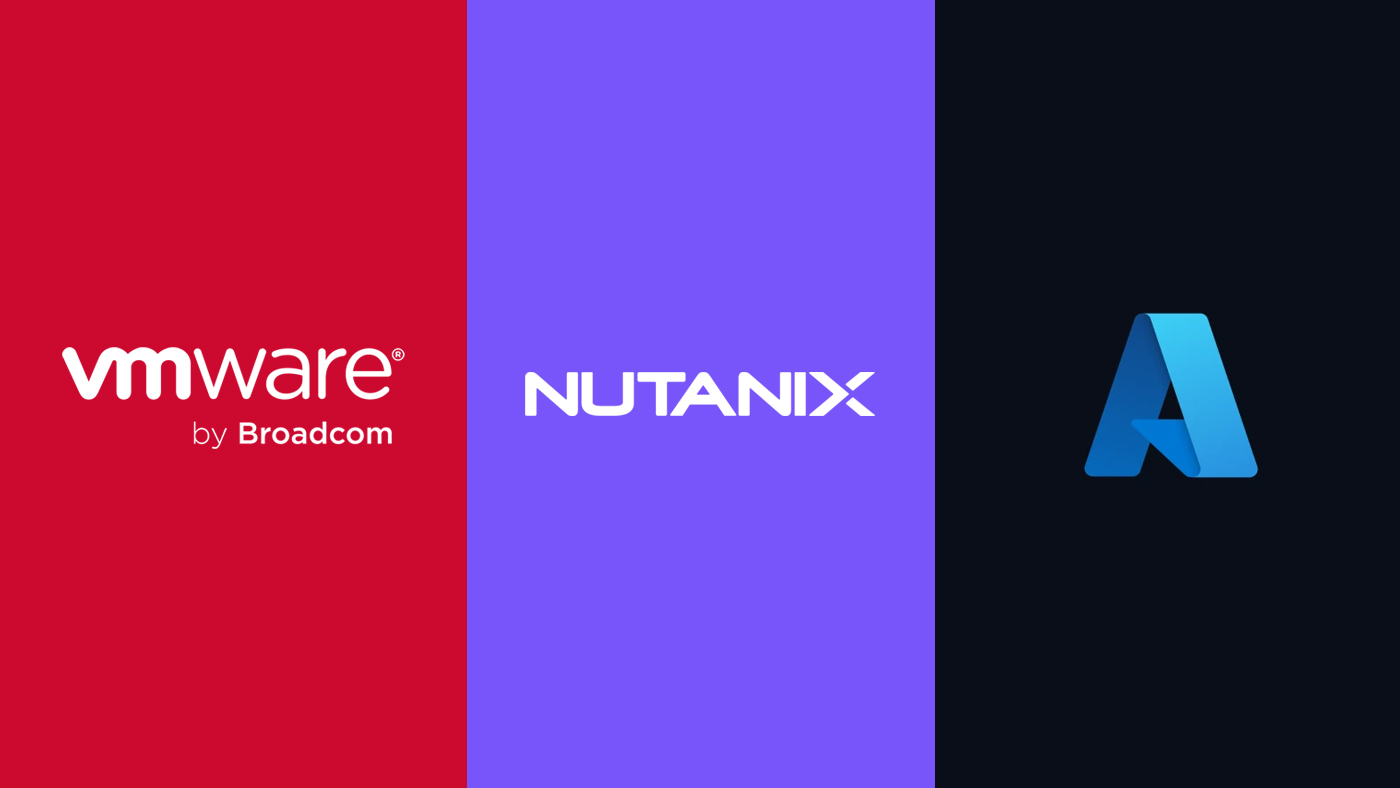
VMware Alternatives: Moving to a New Virtualization Solution
VMware licensing changes got you rethinking? Explore VMware alternatives like Nutanix & Azure Stack HCI—contact HBS today, your trusted virtualization experts.
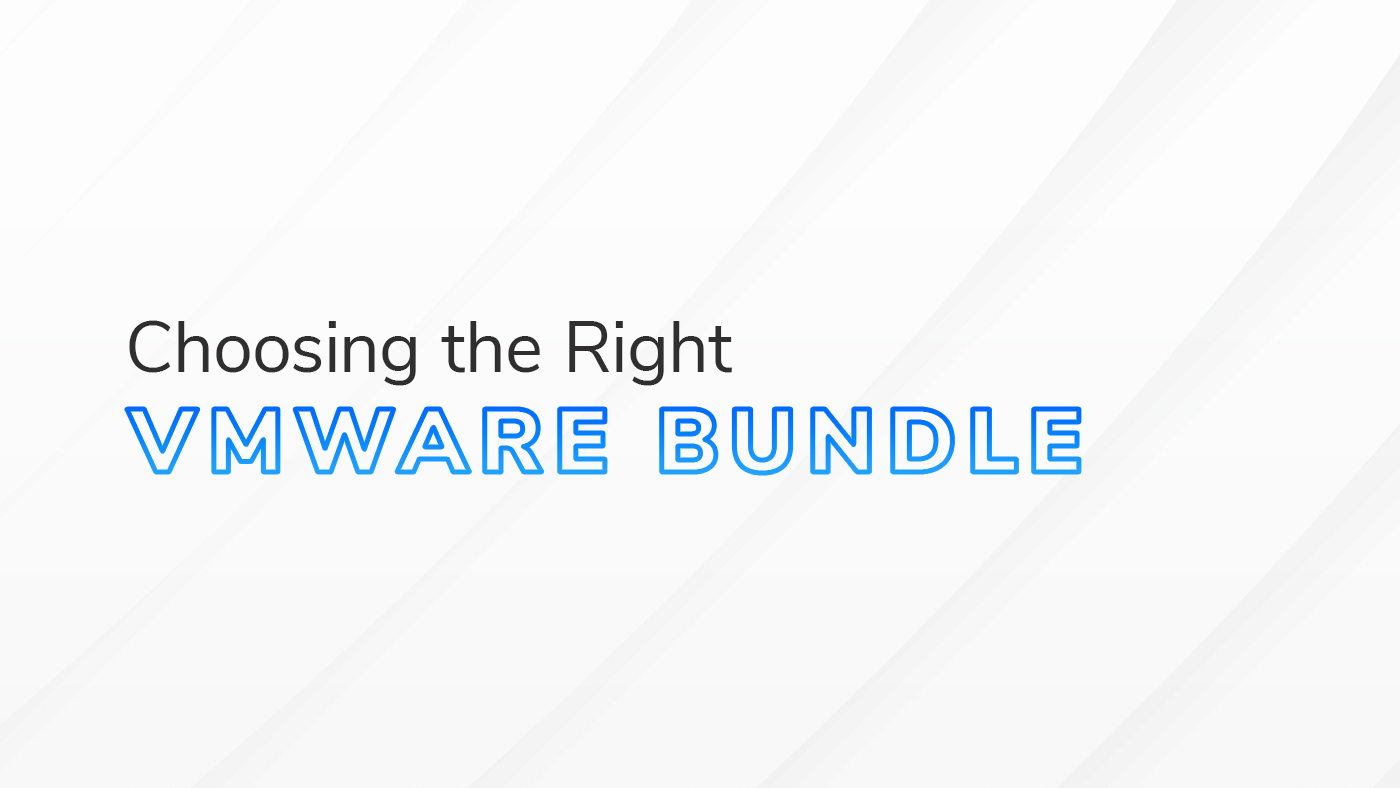
vSphere Essentials Plus, vSphere Standard, or vSphere Foundation: Which VMware Bundle Is Right for Me?
Explore the latest VMware bundles—vSphere Essentials Plus, Standard, and Foundation—to find the perfect fit for your virtualization needs.

